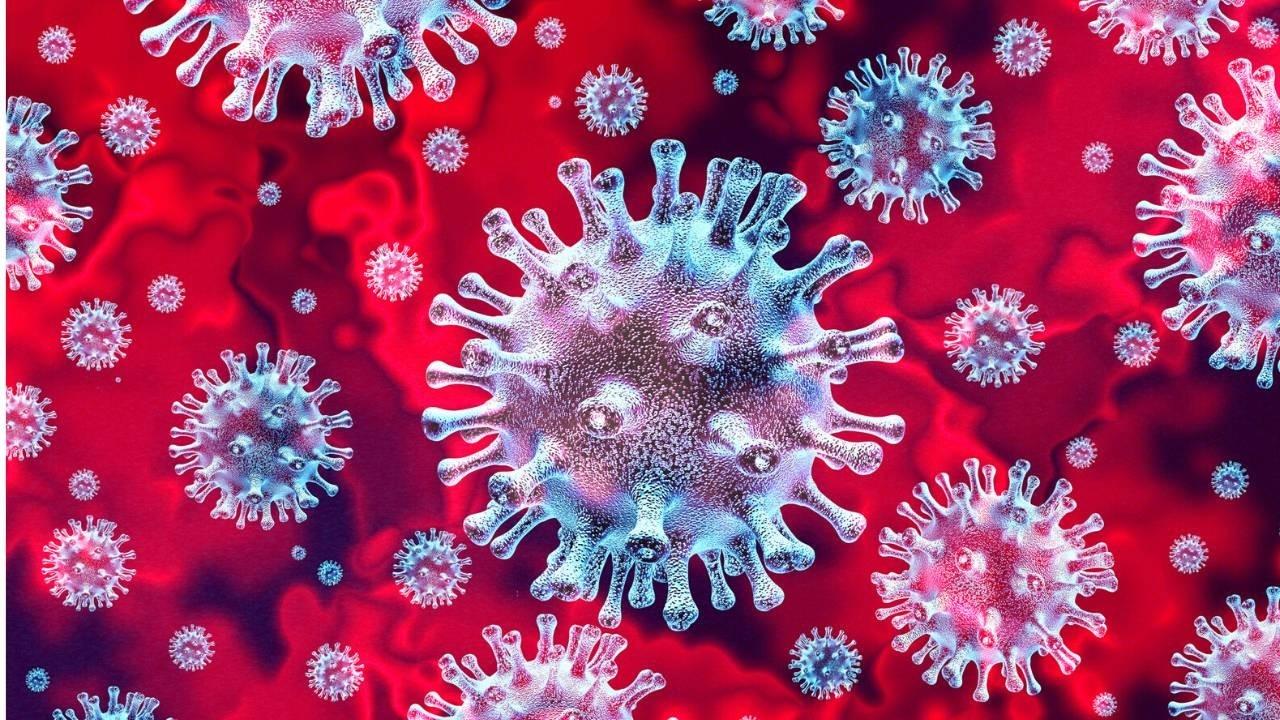3 Ways for Rare Disease Patients to Prepare for Coronavirus

Depending on where you live, how much you follow the news and your general personality type, you may or may not be concerned about COVID-19. Panicking doesn't help anyone but being prepared may help and certainly won't hurt.
There are a lot of general recommendations out there but here are several specific ways that you can prepare as a rare disease patient.
1. Get extra prescription and OTC meds to have on hand.
- There is the potential for drug shortages based on the amount of medication we import that gets produced in India with ingredients coming from China. As reported in The Wall Street Journal If Coronavirus-Stricken China Can’t Export Medicine, the World Is in Trouble, "China is the source of a large percentage of basic drug ingredients." Most drug manufacturers keep a 2-3 month supply on hand so hopefully, the Chinese factories will be back online before it becomes a big issue. But, given that rare disease patients take quite a few medications and that they often need a specific drug or formulation, it makes sense to plan ahead.
- Ask your doctor to refill prescriptions and/or write a prescription for 90 days.
- You can call and ask your insurance company to cover a 90 day supply, many are doing so now. This is often an option if you are getting them mail-ordered but may be approved for your regular pharmacy as well.
- Don't forget to stock up on OTC medications as well. It may save you having to make a trip out in public plus it's better to have a backup just in case.
2. Talk to your doctor NOW about preparation and how to handle things.
- It will be a lot easier to talk to your doctor now about potential issues and preparations rather than waiting until it is an emergency and not being able to get a hold of them.
- Email or MyChart is a good way to communicate with many doctors without having to go into the office and risk exposure to anything.
- If you have or have had respiratory issues ask for directions and a prescription for treatment in case you get sick.
- Talk through whether there is anything in your medical history that would require changes in your care if you were to get COVID 19 which may include use or avoidance of specific drugs, other supportive methods necessary, things to watch out for, etc. Ask to have those added and highlighted in your medical record, along with a copy of these notes for you to keep with you.
- Finally, ask if it would be possible for you to have their direct phone number so they could be consulted if necessary. You can reassure them that you will not abuse this privilege and will only use it if necessary.
3. Take the normally recommended precautions.
- It is important to become aware of your habits and normal behavior so you can start adopting and implementing the recommendations
- Depending on your health risks, it may make sense to weigh when to go out in public or big crowds. This is a good thing to discuss with your doctor.
- Set up a system where everyone washes their hands when you enter the house. This may include disinfecting door handles, cell phones, and other items.
Recommendations from CDC COVID-19 Prevention & Treatment
- Avoid close contact with people who are sick.
- Avoid touching your eyes, nose, and mouth. Coronavirus: Why you keep touching your face despite officials' advice - Business Insider
- Stay home when you are sick.
- Cover your cough or sneeze with a tissue, then throw the tissue in the trash.
- Clean and disinfect frequently touched objects and surfaces using a regular household
- Wash your hands often with soap and water for at least 20 seconds, especially after going to the bathroom; before eating; and after blowing your nose, coughing, or sneezing.
- If soap and water are not readily available, use an alcohol-based hand sanitizer with at least 60% alcohol. Always wash hands with soap and water if hands are visibly dirty.
- For more information on getting prepared go to this CDC page https://www.cdc.gov/coronavirus/2019-ncov/community/home/get-your-household-ready-for-COVID-19.htmlGet Your Household Ready for Coronavirus Disease 2019
Being prepared may take a bit of time and energy but it won't hurt and just might help if you need it.


